
A Comprehensive Guide to Mobile Phone Case Packaging
Introduction
Mobile phone cases are among the most widely purchased accessories in the consumer electronics market, offering protection, personalization, and style. With the growth of e-commerce and international trade, packaging for phone cases has become more than just a way to enclose a product. It now plays an essential role in protection, branding, consumer experience, and logistics. Proper packaging ensures that phone cases remain free from scratches or deformation, arrive safely to customers, and present well both online and in retail stores.
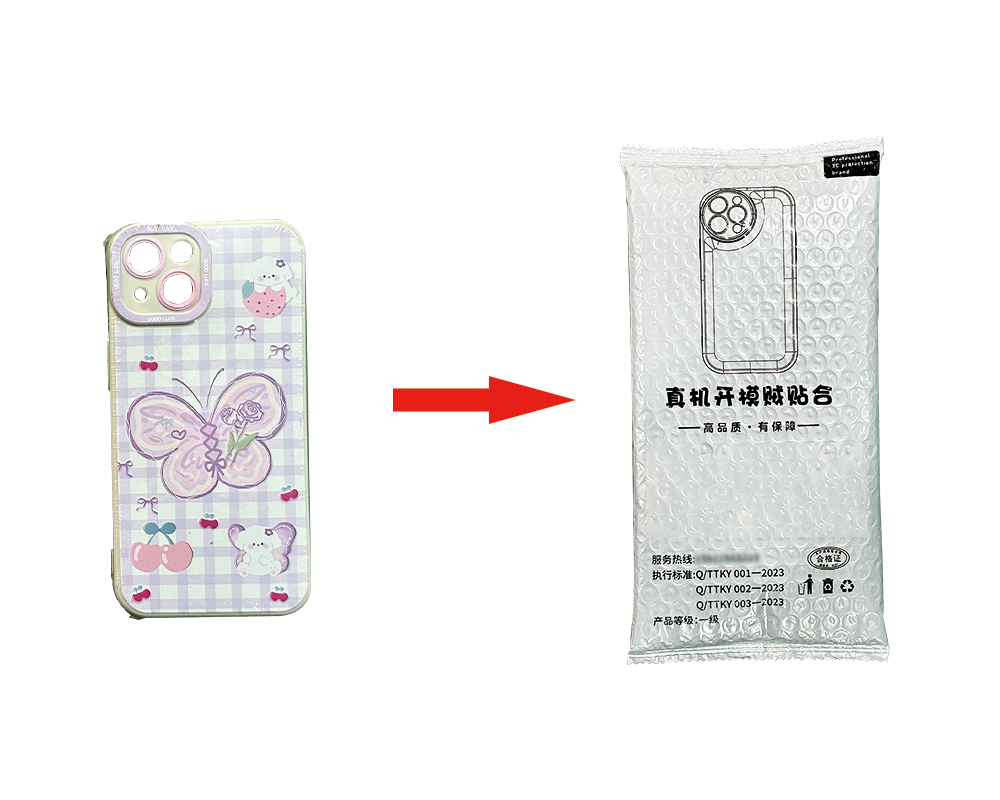
The Role of Packaging in the Phone Case Market
The global phone case market is highly competitive, with millions of units sold through both physical stores and e-commerce platforms. Packaging serves several critical functions in this fast-moving industry. It must protect the product during transportation, allow for efficient storage, provide visual appeal, and support branding with clear labeling. In addition, packaging is increasingly seen as a way to reflect sustainability values, which resonate strongly with younger consumers who often drive demand in this segment.
Common Packaging Materials for Phone Cases
Phone case packaging can take several forms, depending on whether the product is destined for a retail store or shipped directly to consumers through e-commerce. For retail, clear blister packs, cardboard boxes, and hang-tab pouches are common, as they provide product visibility and easy shelf display. For e-commerce, protective solutions like bubble wrap and padded mailers are more prominent, since the priority is preventing damage during transit rather than showcasing design in-store.
Protective Packaging with Bubble Wrap for E-Commerce
With online shopping becoming the dominant sales channel for phone cases, bubble wrap has emerged as an important packaging material. Its cushioning effect reduces the risk of scratches, dents, or deformation when products are shipped long distances. Bubble wrap can be used as a standalone protective layer, wrapped around the phone case before being placed in a mailer, or as an additional insert inside a box. Although not the most visually appealing option, it is practical, lightweight, and cost-effective, making it especially suitable for high-volume e-commerce shipments where product safety is the priority.
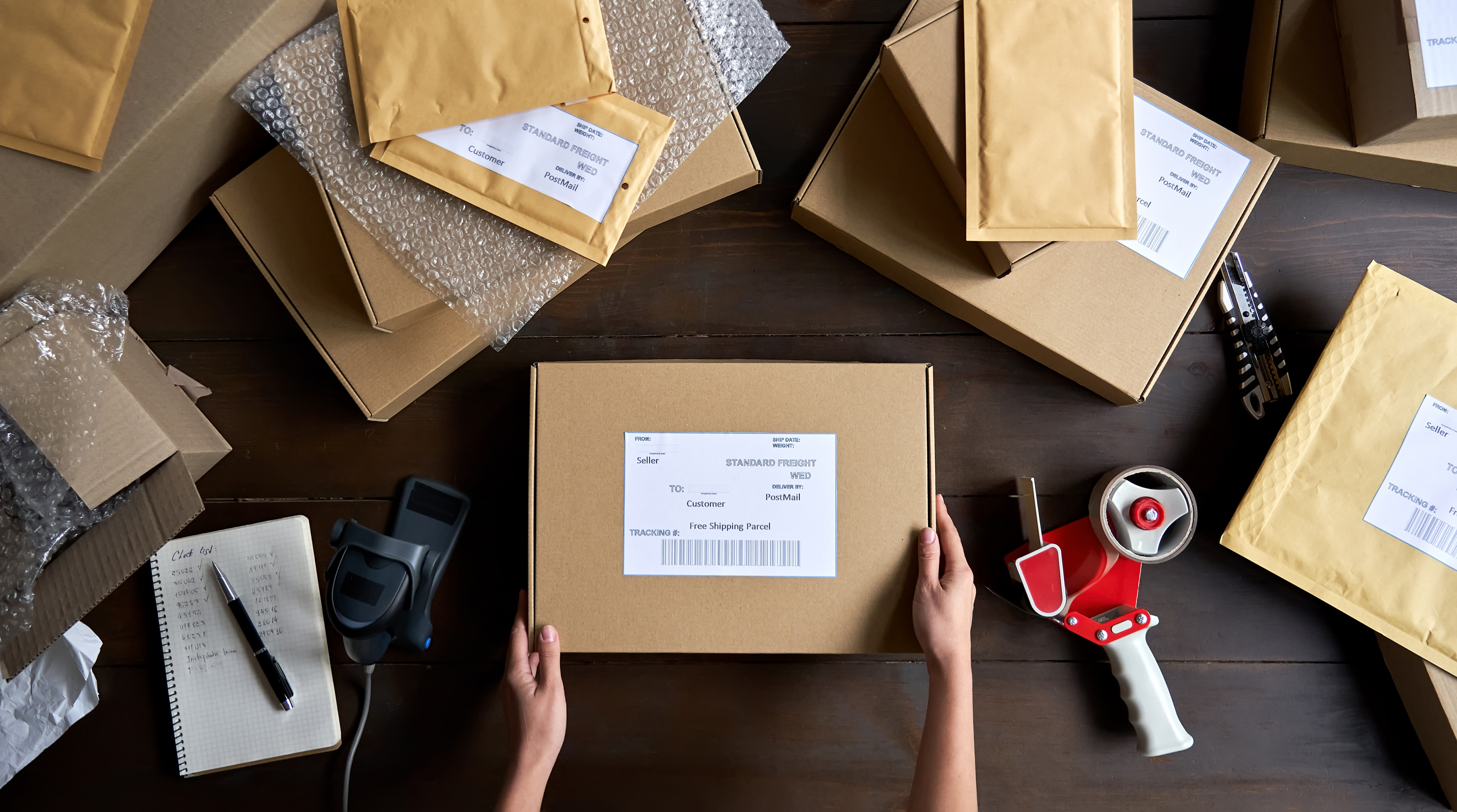
Automated Packaging: The Role of Horizontal Packaging Machines
Automation is reshaping the way phone cases are packaged, particularly for manufacturers and distributors handling large volumes. A horizontal packaging machine (also called a horizontal flow wrapper) can wrap individual phone cases in a protective film, sealing them efficiently and hygienically. This method ensures that each unit is consistently packaged, reducing manual labor and improving overall speed. Wrapped products can then be placed in cartons, combined with bubble wrap for e-commerce delivery, or labeled for retail sales. The integration of horizontal packaging machines makes it possible to handle diverse product sizes and shapes while maintaining a streamlined packaging process.
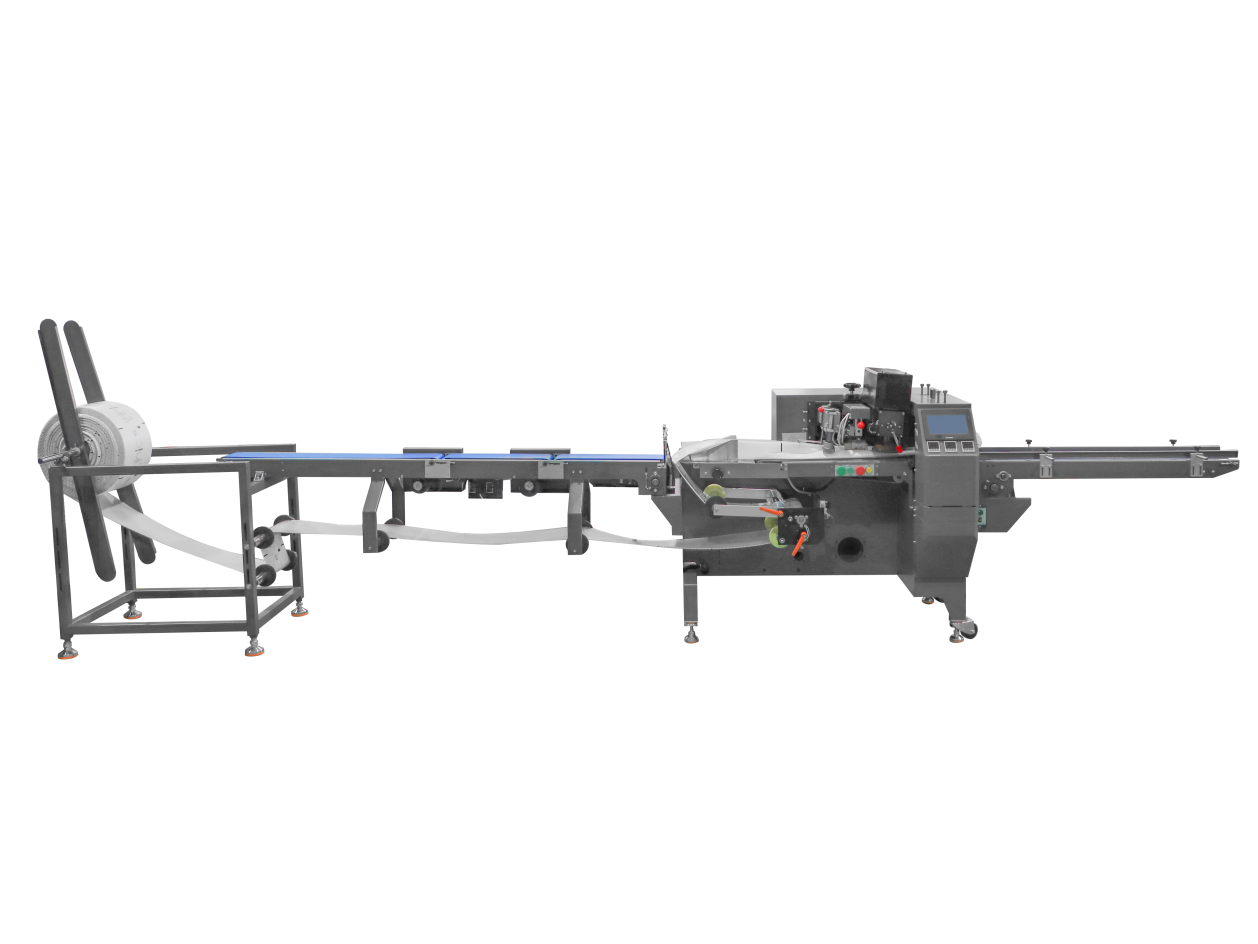
Balancing Retail Presentation and Shipping Needs
One of the unique challenges in phone case packaging is balancing the different requirements of retail stores and online sales. Retail packaging often emphasizes visual presentation, using transparent films or blister packs to highlight the phone case design. In contrast, e-commerce packaging focuses more on protective functions, using materials like bubble wrap and mailers to prevent transit damage. Some companies are now combining these approaches by wrapping phone cases in pillow-packed film for cleanliness and branding, and then adding bubble wrap or padded envelopes for shipment. This dual-layered strategy ensures both appealing presentation and safe delivery.
Comparative Overview of Packaging Options for Phone Cases
Packaging Type | Advantages | Limitations | Typical Use |
Blister Packs | High visibility, strong branding potential, retail-friendly | Less eco-friendly, bulkier for shipping | Retail store displays |
Cardboard Boxes | Printable surfaces, eco-friendly, durable | Limited visibility of product | Premium branding, retail packaging |
Pillow Packaging (Flow Wrap) | Consistent sealing, hygienic, automation-friendly | Requires film material, less rigid protection | Bulk packaging, pre-shipment preparation |
Bubble Wrap | Strong protection, lightweight, low cost | Not visually appealing, generates waste | E-commerce shipping, transit safety |
Padded Mailers | All-in-one shipping solution, easy to handle | Limited branding, single-use | Direct-to-consumer e-commerce deliveries |
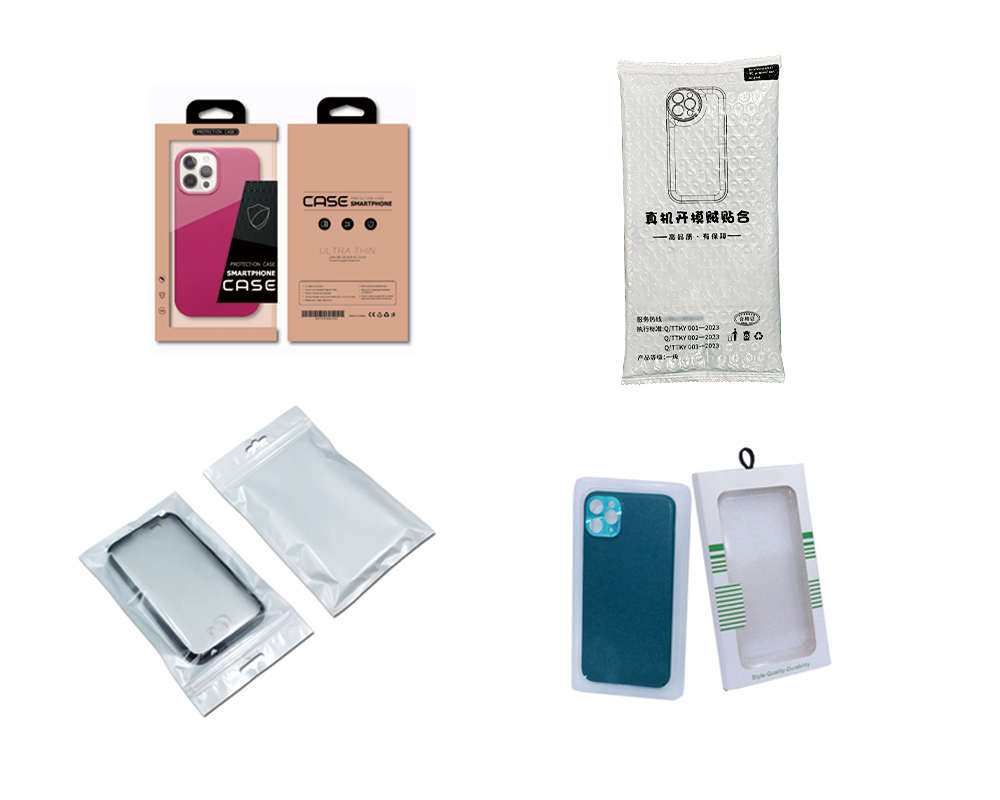
Sustainability in Mobile Phone Case Packaging
Sustainability is becoming a central theme in packaging across industries, including phone accessories. Brands are shifting toward recyclable cardboard boxes, compostable films, or biodegradable cushioning to reduce environmental impact. Some companies are even designing reusable packaging that doubles as storage cases, reducing waste and enhancing consumer value. Integrating automation, such as horizontal packaging machines with eco-friendly films, also helps reduce excess material use while supporting consistent quality. As consumer awareness of sustainability grows, environmentally responsible packaging is becoming a differentiator in the phone case market.
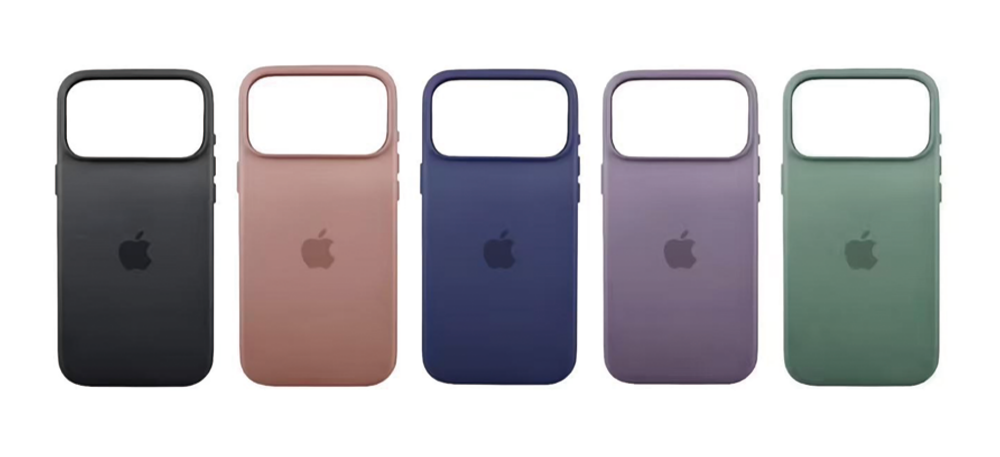
Conclusion
Mobile phone case packaging is a critical part of the product lifecycle, influencing everything from consumer perception to safe delivery in e-commerce. Whether through retail-ready blister packs, eco-friendly cartons, or protective bubble wrap for online sales, packaging decisions must balance functionality, presentation, and sustainability. The use of horizontal packaging machines adds efficiency and uniformity, particularly for high-volume operations, while bubble wrap remains an indispensable solution for direct shipping safety. By combining modern automation with protective and sustainable materials, phone case packaging can effectively meet the evolving needs of both retailers and consumers in a global market.
Get the latest price? We'll respond as soon as possible(within 12 hours)














